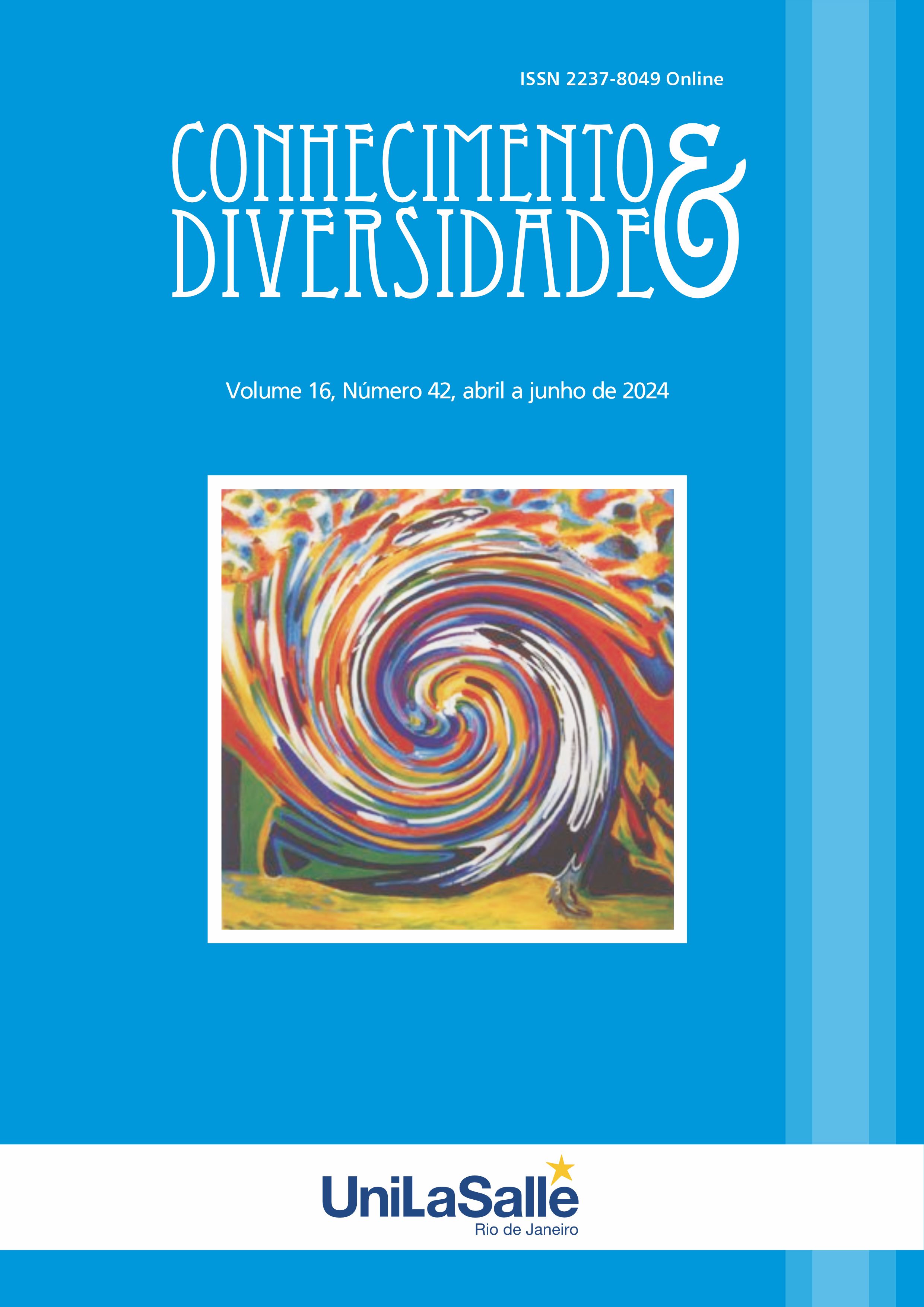AN INVESTIGATION INTO STUDENTS’ SENSE OF BELONGING: A CASE STUDY AT A UNIVERSITY IN VIETNAM
DOI:
https://doi.org/10.18316/rcd.v16i42.11656Keywords:
Sense of belonging, factors, educational outputs, influence, higher educationAbstract
This study aimed to examine students' perceptions of belonging in their first year studying at “AUTHOR” University, explore significant factors affecting students' sense of belonging and find out how students’ sense of belonging influences their educational outputs. A mix method approach which combined both quantitative and qualitative analysis was used in this research. In the quantitative phase, 266 first-year students were asked to give their responses on a questionnaire which consisted of three sections. Section one was an adaption from The Psychological Sense of School Membership Scale (Goodenow, 1993) while the other sections involved items on factors affecting students' sense of belonging and the influences of students' belonging on educational outputs. In the qualitative phase, 20 first-year students (10 on-campus and 10 off-campus) took part in the semi-structure interviews. The results showed that the factors affecting students' sense of belonging to the university were academic factors (classroom comfort and instructor support), social factors (co-curricular involvement, peer connection, faculty support, and campus climate) and environmental factors (campus facilities and living space). Institutional factors, on the other hand, did not contribute to students' sense of belonging. Eventually, the findings revealed that students’ sense of belonging had a significant effect on their academic achievement, motivation and positive well-being. Meanwhile, loneliness and stress were relieved.
References
Bradley, K.D., Cunningham, J., Haines, T., Mueller, C.E., Royal, K.D., Sampson, S.O., Singletary, G., & Weber, J.A. (2010). Constructing and Evaluating Measures: Applications of the Rasch Measurement Model.
Finn, J. (1989). Withdrawing From School. Review of Educational Research, 59(2), 117-142. https://doi.org/10.3102/00346543059002117
Goodenow, C. (1993). The psychological sense of school membership among adolescents: Scale development and educational correlates. Psychology in the Schools, 30(1), 79-90.
Hagborg, W. J. (1998). An investigation of a brief measure of school membership. Adolescence, 33(130), 461–468.
Hoffman, M., Richmond, J., Morrow, J., & Salomone, K. (2003). Investigating “Sense of Belonging” in First-Year College Students. Journal of College Student Retention: Research, Theory & Practice, 4(3), 227-256. https://doi.org/10.2190/dryc-cxq9-jq8v-ht4v
Juvonen, J. (1996). Self-presentation tactics promoting teacher and peer approval: The function of excuses and other clever explanations. Social Motivation, 43-65. https://doi.org/10.1017/cbo9780511571190.005
Maslow, A. (1962). Some basic propositions of a growth and self-actualization psychology. Toward A Psychology of Being (pp. 177–200). D Van Nostrand. https://doi.org/10.1037/10793-014
Sarason, S. (1st ed.) (1974). The psychological sense of community. Jossey-Bass.
Strayhorn, T. (1st ed.) (2012). College students’ sense of belonging: A key to educational success for all students. NY: Routledge. https://doi.org/10.4324/9780203118924
Tinto, V. (2nd ed.) (1993). Leaving College: Rethinking the Causes and Cures of Student Attrition. University of Chicago Press.
Unger, D., & Wandesman, A. (1985). The importance of neighbors: The social, cognitive, and affective components of neighboring. American Journal of Community Psychology, 13(2), 139-169. https://doi.org/10.1007/bf00905726
Downloads
Published
Issue
Section
License
Copyright (c) 2024 Wa Thái Như Phương, Đặng Thị Bảo Dung

This work is licensed under a Creative Commons Attribution 4.0 International License.
As recommended by the Public Knowledge Project, RCD adopts for its articles a CREATIVE COMMONS Attribution CC BY 4.0 license.
This license allows others to distribute, remix, adapt and build upon your work, even commercially, as long as they credit you for the original creation.
This is the most appropriate license offered.
Recommended for maximum dissemination and use of licensed materials.



